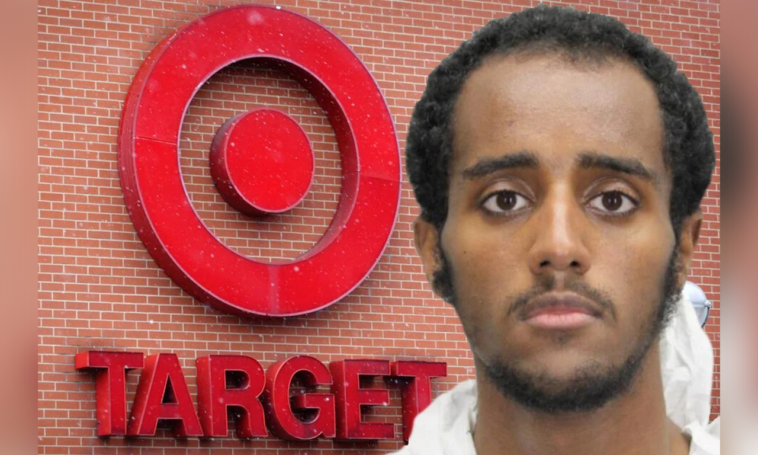Man sentenced to 100 years for killing co-worker who stole his lunch from work fridge. A former Target employee from Virginia, Bazen Berhe, was sentenced to 100 years for brutally murdering his coworker, Hernan Leiva. In April 2021, 25-year-old Berhe ambushed 58-year-old janitor Leiva at Bailey’s Crossroads Target and killed him with knives and a hammer.
Berhe’s unsettling actions were prompted by his suspicion that Leiva stole his lunch from the office fridge on April 14. Berhe plotted a violent retribution assault day after day, enraged by this claimed theft.
“Mr. Leiva’s unnecessary and tragic death leaves behind a grieving family and community, one that will never be the same after such a senseless act of violence.” Commonwealth’s Attorney Steve Descano
Commonwealth’s Attorney Steve Descano stated, “During his sentencing Tuesday, 25-year-old Bazen Berhe threatened to kill or hurt more people unless he was given the harshest possible punishment.” Berhe will spend the next 70 years in prison after the Fairfax County judge sentenced him to 100 years with 30 years suspended.
After leaving Target, Berhe bought a hammer and knives, setting off this terrible crime. He admitted to “training for murder.” the next day. Berhe waited for Leiva in the Target employee parking lot on April 17 and attacked him with his weapons before fleeing.
Berhe soon faced justice. He turned himself in to authorities in the parking lot shortly after the attack. His October 2023 confession and guilty plea to first-degree murder was a dismal admission of the crime.
Descano noted Leiva’s death’s impact on his family and community at the sentencing. He said “Mr. Leiva’s unnecessary and tragic death leaves behind a grieving family and community, one that will never be the same after such a senseless act of violence.” Descano defended the harsh punishment by citing Berhe’s community risk.
El Salvadoran father of two Hernan Leiva was affectionately remembered in his online obituary. Leiva, a “extraordinarily hard worker” and family favorite, died tragically, shocking his neighborhood.
The incident is a disturbing reminder of how workplace violence may influence victims’ lives. After the court proceedings, the community deals with this senseless attack.
The Target murder case shows the ugly side of workplace violence and its dire effects. His strong reaction to the suspected lunch theft cost Bazen Berhe a life and a century in prison.
During his sentencing, Berhe threatened to harm more people unless he received the heaviest punishment. This disturbing behavior likely influenced the judge’s decision to sentence Berhe to 100 years in jail, which would keep him away from society for life.
The legal proceedings revealed Berhe’s prepared conduct before the fatal attack. Weapon purchases, “training for murder,” and the Target employee parking lot attack indicate worrisome intent. A perceived injustice over a stolen lunch drove Berhe to commit a heinous act of violence that echoed well beyond the retail business.
Kim and Deborah Clenney, Clenney’s parents, are arrested in Texas, adding to the case. The murder case has ensnared the Clenneys, who face felony accusations of improper or excessive computer usage. The accusations are linked to a laptop seized at the murder site, revealing this terrible story’s complex web of relationships.
Media coverage may affect the proceedings, as the court considers a gag order to keep non-trial information private. With a TMZ documentary coming out, legal teams are balancing the public’s right to information with a fair trial. The urge for justice is strong, but the means must be legal.
The community continues to debate workplace violence and mental health’s involvement in these tragedies. Employers may reconsider workplace cultures, emphasizing the need of respect and resolving problems before they turn violent.
The punishment of Bazen Berhe reminds us that violence affects not only the victims but also their families, communities, and society. The judicial system pursues justice by balancing accountability and rehabilitation while contending with human behavior’s intricacies that lead to such tragic effects.




